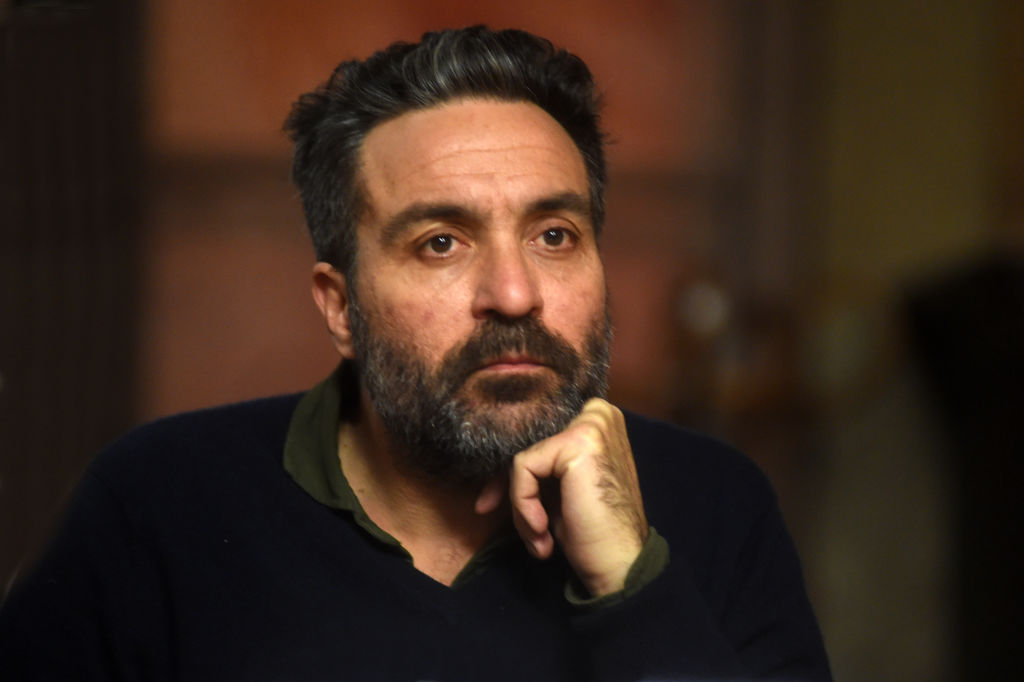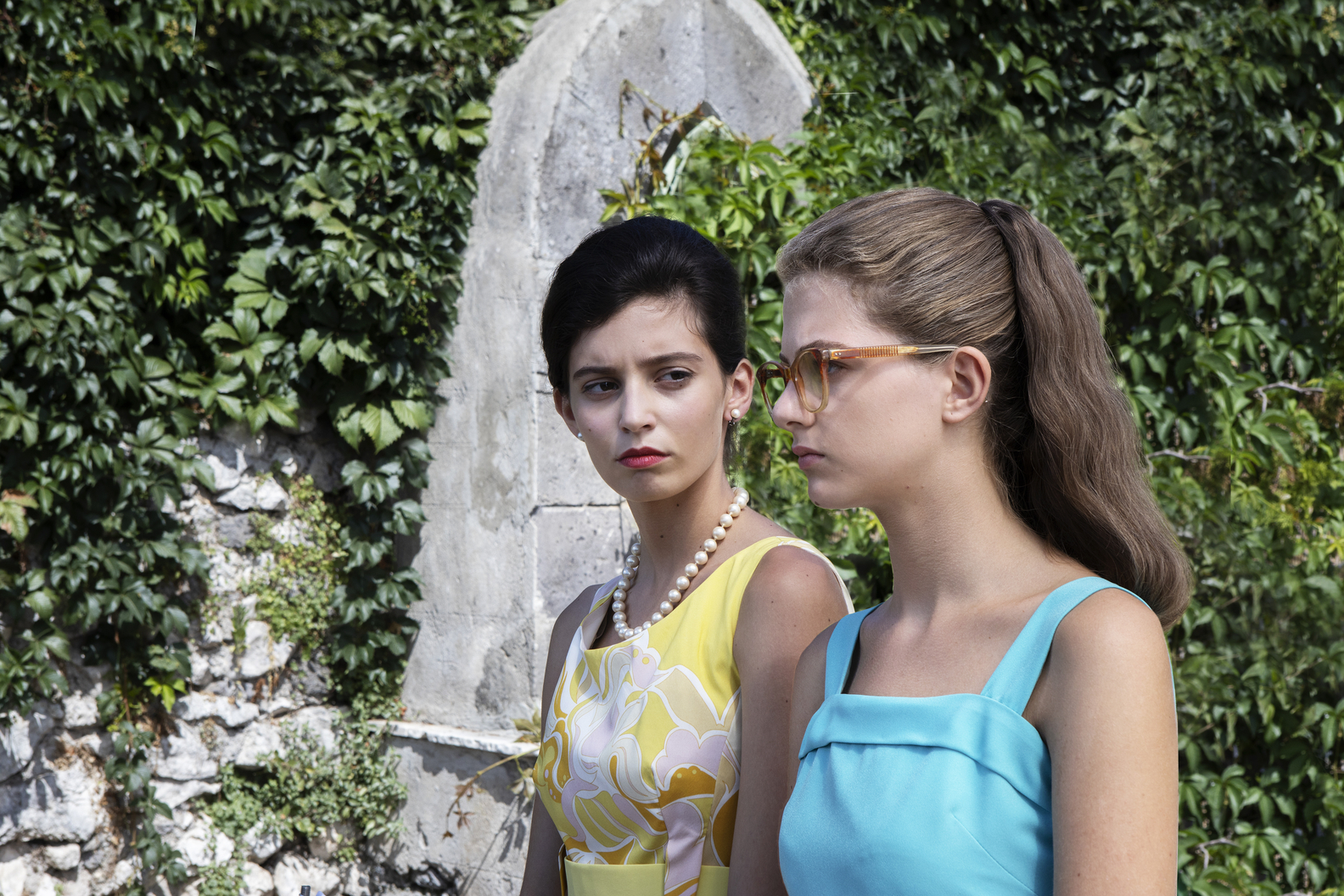
- Interviews
Saverio Costanzo on the Universal Appeal of My Brilliant Friend
My Brilliant Friend – The Story of a New Name is out on HBO. The series, created by director Saverio Costanzo (Private, The Solitude of Prime Numbers), is based on the best-selling trilogy series, written under the moniker of Elena Ferrante. Those books became a literary sensation and a staple of book clubs across America. The fervor around the adaptation has also been considerable with an average of a million viewers following each episode in the first season. Not bad for a series in a foreign language, with subtitles, and set in Naples in the ‘50s and ‘60s. The arc of the show follows the development of the friendship between Elena (Margherita Mazzucco) and Lila (Gaia Girace). They share everything, from joy to eureka moments, and of course the misery of being born female in a macho and socially conservative male-dominated world.
In Treatment. Costanzo directed several episodes of the second season of My Brilliant Friend.
Saverio, have you ever met Ferrante?
You say “her”: so you’re sure that Ferrante is a woman? Many doubt this…
So do you ever tire of reading her novels?
Margherita Mazzucco and Gaia Girace in a scene from season 2 of My Brilliant Friend. hbo
Do you think that the fact that the tv series was made by a network like HBO, with an international rather than only Italian vision, influenced the writing process?
Have you noticed any differences in the relationship with the work between the American audience and the Italian one?
You are writing a third season. Will it be an international co-production?
This must be a huge amount of work for you. What has personally inspired you to pursue this series?
normal’>My Brilliant Friend came out. I asked her for permission for a cinematic adaptation of her third book, The Lost Daughter, back in 2007, and she had been very generous with me. She gave me the rights for free, so I could work on the transposition. I did not have much production experience at the time, so nothing happened of it, but mine was one of the names that she suggested herself when the idea of this series surfaced. She trusted me, she has always given me her full support. A true blessing.